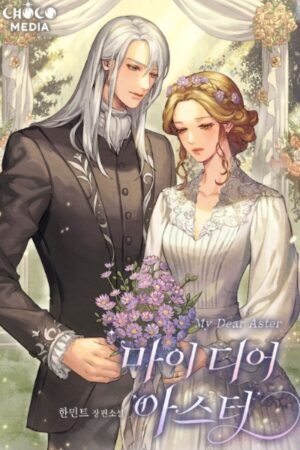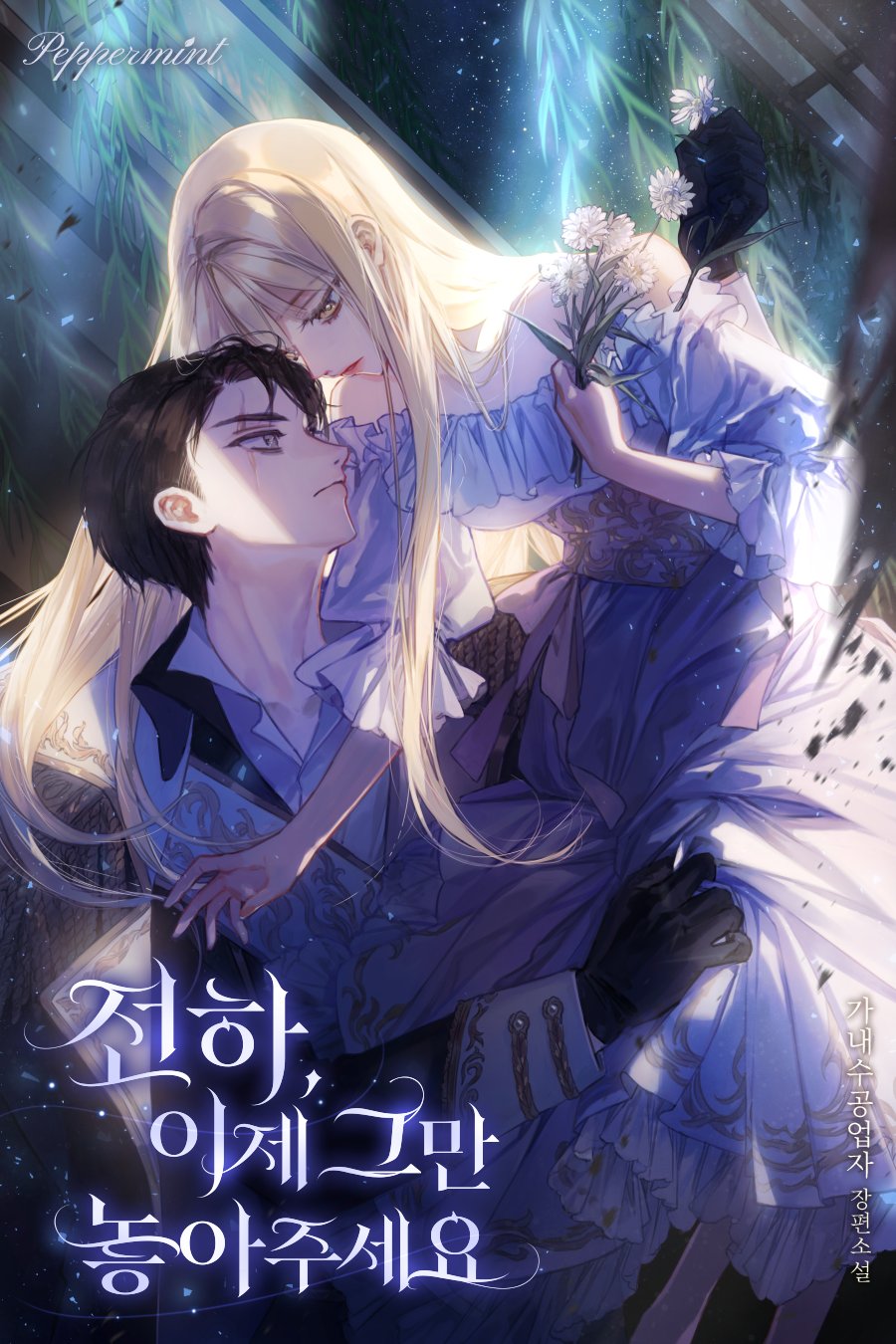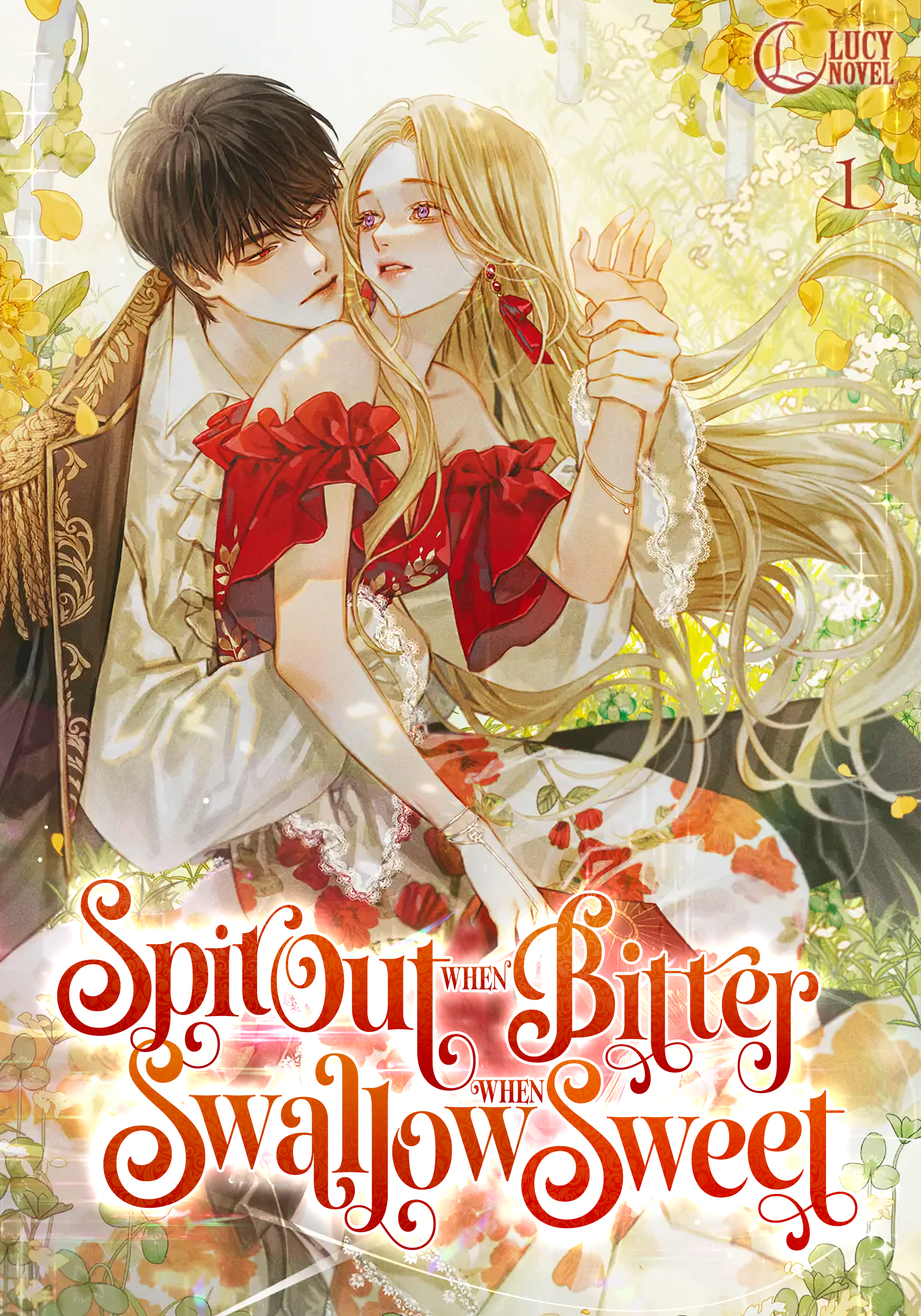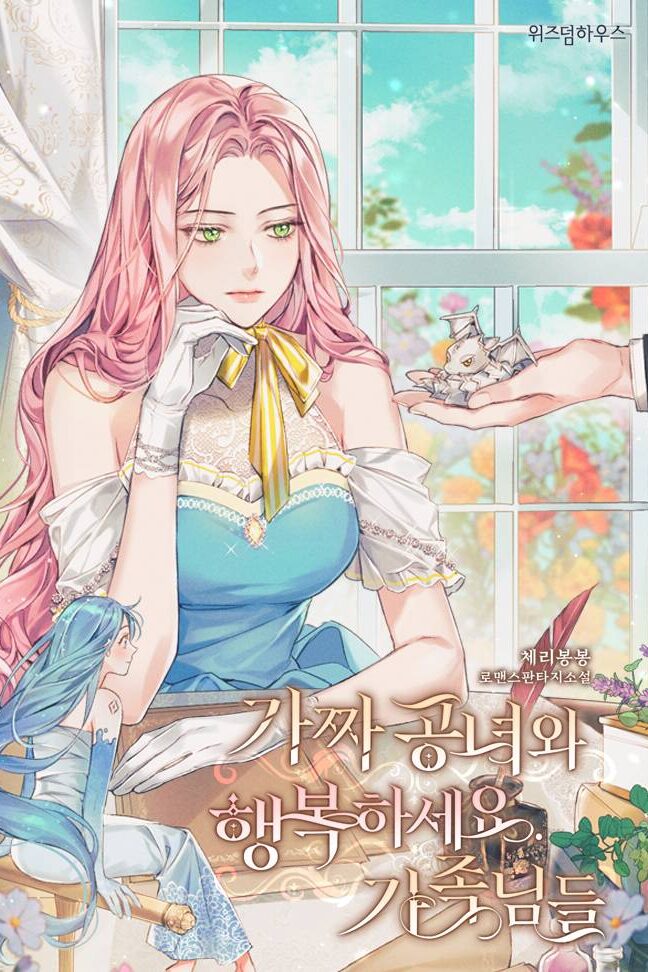Chapter 3
But in reality, death wasn’t so gentle.
It didn’t come slowly or peacefully. It came all at once, as if in a hurry—her mother’s strength vanished in an instant, and her trembling eyelids stilled like frozen glass. Just like that, in a single fleeting moment.
“M-Mother…”
No tears came.
She had already experienced her mother’s death once before. Contrary to what Solita had once said—that Ithiel passed quietly in her sleep without ever opening her eyes—her eyes had opened. It wasn’t divine mercy. It was never kindness from any god.
Solita must have known. She must have seen Ithiel open her eyes in her final moments, looking for Calliope. But she couldn’t bring herself to tell her. She must have known the guilt Calliope would carry, knowing that she wasn’t there when her mother called for her at the very end.
Calliope stared down at her mother’s lifeless face—now cold, with not a trace of warmth left.
She didn’t even realize she had stopped breathing.
A gust of wind slipped through the cracks in the shutter, brushing across her face like the hand of a reaper, come to carry her mother’s soul away.
She lifted her head, almost involuntarily.
It was sunset.
The sky, once stained red like the blood of the living, was darkening now—quietly, steadily—like it knew a life had ended.
Drip… drip.
Hot tears finally spilled down her frozen cheeks.
“Mom…”
She had once heard that a person’s hearing remains for a short while after death.
She opened her mouth, hoping to say what she hadn’t been able to before—
“Ah…”
But instead, what burst out was a scream—raw, guttural, filled with grief and despair. It echoed through the small, broken-down wooden house, shaking its very walls.
The sun had fully set.
Only the dying ember in the stove gave light to the darkness.
Calliope—who had jumped from the top of the bell tower—had returned to the morning her mother died.
Now, she wept, crying until her insides felt scraped hollow.
The gods had never been on her side.
Not even once.
* * *
Knock, knock, knock.
Solita had been sweeping since early morning when she heard the knock at her door. It was unusual. No one visited this early. Could it be Ithiel? She’d been unwell lately—maybe she was feeling better?
Solita leaned the broom against the table and walked to the door.
“Who is it?”
“Madam Solita.”
The voice that answered wasn’t Ithiel’s—it was Calliope’s.
It was the voice of a twelve-year-old girl, dry and cracked like the earth in a drought. The sound of it sent a sudden wave of dread through Solita’s chest.
“Calliope? What’s wrong so early in the—”
She opened the door and saw her standing there.
“Madam…”
Solita froze at the sight of Ithiel’s daughter.
Calliope looked like she hadn’t slept all night. She had sat beside her mother’s cold body, holding her hand, from the moment the stars rose until the sun came back up.
She had done nothing. Could do nothing.
Only after the new day dawned did she finally stand.
She couldn’t stay like that forever.
And she knew Solita, kind and gentle Solita, would help her.
“We need to hold a funeral… for my mother.”
Solita couldn’t even answer. Her face twisted with heartbreak.
That shining platinum hair—so much like Ithiel’s—was now ghostly white. Her once-vibrant red eyes had dulled to a blackened, haunted shade, like something scorched.
“Please help me.”
Solita pulled her into her arms.
This small, fragile girl had stayed by her mother’s side to the very end—burning herself to ash—and now, she had come here alone, asking for help.
As Solita swallowed her sobs, Calliope just stared into empty space with hollow, red-rimmed eyes. Her tears had already burned out in the darkness of the night.
And in her mind, her mother’s final words echoed.
Live.
Just that one word.
With help from the villagers, Calliope arranged her mother Ithiel’s funeral. Snow fell throughout the ceremony, and the sound of weeping came only in quiet waves.
A full year passed in the blink of an eye.
“Calliope, that way!”
“Yes!”
At Dalton’s urgent shout, Calliope sprinted in the direction he pointed, her leather shoes kicking up snow as she ran. The white rabbits scattered in the opposite direction, trying to escape, but one was struck cleanly by Dalton’s arrow and collapsed into the snow.
Calliope didn’t stop.
“Dalton! One more arrow!”
“I know!”
The fleeing rabbits darted past Calliope toward Dalton, who, with the precision of a seasoned hunter, let his arrows fly. All but one hit their marks. Crimson spots dotted the white snow as the rabbits fell.
Breathing heavily, Calliope finally came to a stop.
“How many did we get?”
“Let’s see… One, two, three—four in total.”
“Wow, that’s a lot!”
“Definitely more than yesterday.”
Dalton picked up each rabbit one by one. Today was one of the days Calliope joined him for hunting.
On Mondays, Tuesdays, and Wednesdays, she hunted with Dalton. On Thursdays, Fridays, and Saturdays, she helped Dora, the village’s only blacksmith—learning self-defense, splitting firewood, and doing small chores around the forge.
Dalton handed her two of the rabbits after keeping the other two for himself.
“Thanks. I’ll bring one to Solita’s house.”
“You could keep both for yourself. Solita wouldn’t mind.”
“Maybe, but still—I owe her. She gave me porridge not too long ago.”
“That dried weed porridge? It must’ve tasted awful.”
“I’ll make sure to tell her you said that.”
“What?! No, don’t!”
Calliope laughed as she made her way down the mountain. There wasn’t as much snow as last year, but it was still deep enough to sink to her ankles. Thankfully, the summer had brought plenty of rain, and the crops had grown well. The rabbit population in the mountain had also increased, which meant no one had gone hungry.
She spent the morning practicing archery with Dalton and the afternoon hunting, and by now, the sun was starting to set.
“Looks like it’ll snow tonight. Head home for the day.”
“Okay. See you, Dalton.”
Dalton raised an eyebrow at her response—she usually said “See you next time”—but he didn’t think much of it and waved goodbye.
Calliope, carrying two rabbits, ran next door to Solita’s house.
“Solita!”
She pounded on the door, more of a bang than a knock. Solita, who had been cleaning, opened it.
“You get stronger every day, I swear.”
“Haha. Here, today’s catch—please take one.”
“Oh my, again? You really don’t have to do this every time.”
“But you gave me porridge last time. It was delicious.”
Calliope lied without hesitation, and Solita scoffed.
“Even I thought that porridge tasted terrible.”
Calliope burst out laughing.
After handing over the rabbit, she turned to head home. Solita watched her with warm, proud eyes—Calliope had grown so much over the past year.
“When did she get so tall?”
Now thirteen, Calliope had grown nearly a hand taller and passed the 150 cm mark. Her mother, Ithiel, hadn’t been short either, so she might grow even more. When Calliope disappeared into her house, Solita gently closed the door.
Inside, Calliope locked the door and began boiling water. She took out the knife Dora had given her and started skinning and preparing the rabbit meat. It was winter, so spoilage wasn’t a big concern—but it still had to be cleaned and dried to last.
She worked efficiently, then suddenly stopped.
“Ah… I don’t need it to last.”
She was leaving the village this Sunday.
That was why she’d said goodbye to Dalton.
She hesitated, then lowered her gaze and continued preparing the meat. She’d give the cleaned portions to Solita before she left. Though she had wanted to leave quietly, without saying anything, Solita lived right next door—there was no way she wouldn’t notice.
So, she’d say her goodbyes then. And ask Solita to pass on her farewell to the others.
Once the meat was cleaned and the guts disposed of, Calliope washed her hands in cold water.
“It wasn’t such a bad year after all.”
So much so that she had even considered staying in the village. After her mother’s death, the villagers had taken turns looking after her. Dalton, Dora, and Solita especially had watched over her with great care.
“But I can’t stay. I need to leave, without regret.”
After entering the marquess’s household, she had never been allowed to return to the village. A noble lady working, living in poverty, and mingling with commoners would be a scandal—and the family forbade any contact between her and the villagers.
And now, she had a reason she had to return to the marquess’s house.
Isaac.
He had once been the only one who understood her—the one she believed she shared a deep, unbreakable bond with. Before the Saintess came, he had looked only at her, treated her as if she was his entire world.
She never knew why he changed so suddenly.
Not back then. Not even now.
But it no longer mattered.
Now that she had returned to the past, no one would take him from her again.
“I won’t let it happen.”
Whatever it took, she would make him hers completely. She wouldn’t lose him a second time. She couldn’t. She wouldn’t.
While folding her mother’s old, bloodstained blanket—her only keepsake—Calliope whispered to herself:
“This time, I won’t let go. Not ever… never, ever again.”





